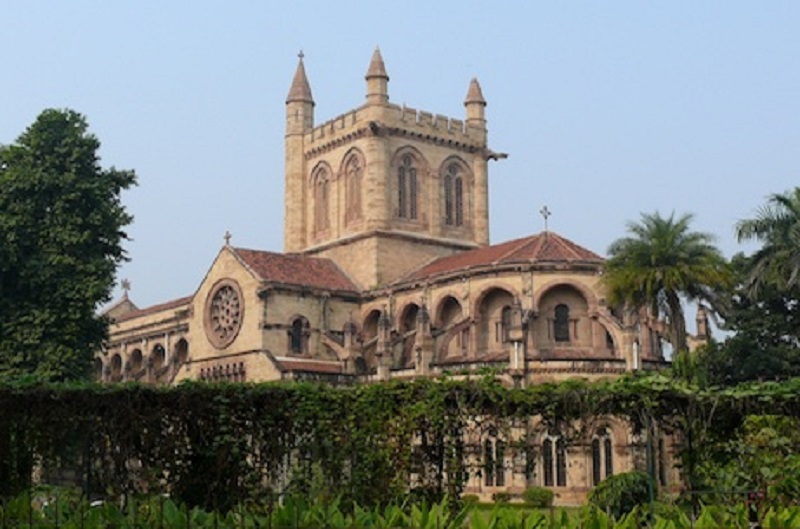
Alex Bremner has just published his book on the Gothic revival movement in architecture and its impact around the world.
A groundbreaking book on the global reach and influence of the Gothic Revival movement in architecture and its close links with 18th- and 19th-century British cultural politics has been published by a Gates Cambridge alumnus.
In his new book Imperial Gothic, Alex [George] Bremner, now a senior lecturer in architectural history at the University of Edinburgh, talks about how, by the middle of the 19th century, the movement had been transformed by architects and theorists into a serious scholarly endeavour, connecting it to notions of propriety and 'truth', particularly in the domain of religious architecture.
Alex writes about how these developments coincided with the continued expansion of Britain’s empire, including a renewed urgency by the English Church to extend its mission beyond the British Isles. Through his focus on religious buildings, he examines the reinvigoration of the Church of England’s colonial and missionary agenda and its relationship to the rise of Anglican ecclesiology, revealing the nature and extent of building activity that occurred across the British world.
Alex [2001] was in the first intake of Gates scholars in 2001 and helped to set up the Gates Scholars' Alumni Association. He did a PhD in the history and theory of Victorian architecture at Cambridge and was the first ever Gates scholar to be awarded a PhD. His thesis focused on London as an imperial city during the late nineteenth and early twentieth centuries and how imperial power was expressed through architecture and urban environments. He says his research led to an interest in understanding the role that religion played in constructing colonial identity.
*G. A. Bremner, Imperial Gothic: Religious Architecture and High Anglican Culture in the British Empire, c.1840-1870 is published by Yale University Press, 2013.












